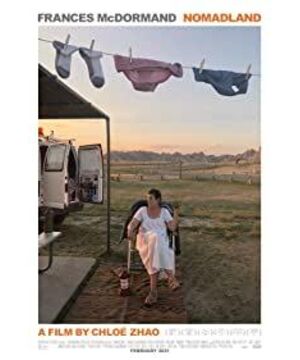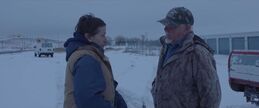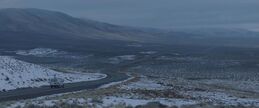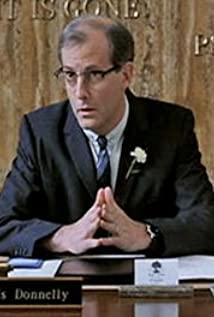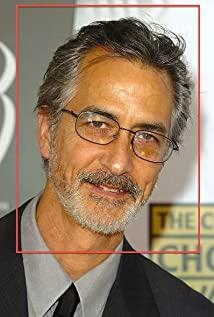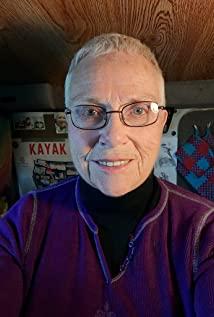This is a pretty good prose poem.
I never thought that such a movie full of American flavor was made by a Chinese director. When I watched it, I was thinking, if a Chinese aunt wanted to come and make "Nowhere to Be" like this, could it happen?
The answer is obvious, no. (I declare in advance that I am not a beauty blow)
It is 2021, and as far as I know, there are very few women over fifty who can drive in our country. And this age group is either worried about whether their children are married or not, or the children are married and have children and are busy with raising children.
Let's assume that Auntie has no juniors to worry about and just happens to be driving on the road. But there is no group of people who are also on the road to gather in a good camp atmosphere to wait for her, let alone a 75-year-old friend who is still adrift, because my country is not allowed to drive over the age of 70. What's more cruel is that China's RV camps are not cheap, and some camps are more like high value-added services for the rich. It is even harder to find odd jobs for people over the age of 50. Let's assume she fell ill and fainted during the trip, only to find that no one dared to step forward to help her. It is also difficult for Zhao Ting to find so many vast scenes to express the image of loneliness, because many places are full of people.
A dozen years ago when I was in college, a classmate who sold an RV sold me a RV and feelings. The words I refused at the time were, "The RV is so expensive, buying a house and putting it there will always be a house. If you buy a car and hit the road, you will lose your home."
Back to movies.
The reason why this film won the award is due to director Zhao Ting's accurate description of the American wandering people and his super ability to capture the image of loneliness.
The scene of the heroine floating on the water, the scene of the heroine and the dinosaurs looking at each other, the scene of the heroine under the mountain-like crops, the scene of the heroine doing laundry alone, the scene of the heroine hiding back to sleep in the car, the scene of the heroine being in Dave's family Sitting alone without waking up.
Other than that, most places are mediocre. The director of photography did not have anything particularly outstanding except that he chose the lens on a cloudy day as much as possible, and the photographer loved the backlit side backlight. In other words, anyone who is in front of such a scene will take good pictures.
The music director is a big guy. He has done a successful case like "Unreachable", but the strange thing is that every time the music starts, I don't feel it is suitable. I feel too casual.
Another highlight of this film is that although the heroine's husband doesn't even have a live-action shot, everyone feels how great he is and what kind of person he is to be so nostalgic. It is quite a bit like "the sea was once the water, but Wushan is not the cloud".
It is worth noting that the heroine has to be on the road, not leaving everything on the road as others in the film say. The heroine is more like being left behind by everything and has to go on the road. In addition, the heroine and Jack Kerouac's "On the Road" are also fundamentally different. "On the Road" is more about enjoying the feeling of being on the road, while the heroine is a compromise choice to live on after experiencing life changes.
So, those translations of nomadic life, nomadic land, really suck.
View more about Nomadland reviews


